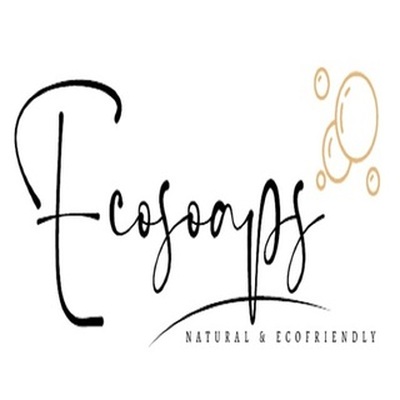Natural Soap vs. Commercial Soap: What's Best for Your Skin?
Body

In recent years, there has been a growing trend towards embracing natural and organic products, including skincare items. This shift has sparked a debate about the benefits of natural soap compared to commercial soap. With an overwhelming array of options available, consumers are left wondering which type is truly best for their skin. In this blog post, we'll delve into the characteristics of both natural and commercial soaps to help you make an informed decision for your skincare routine.
Natural Soap:
Natural soaps are crafted from plant-based ingredients and essential oils, often devoid of synthetic additives and harsh chemicals. These soaps retain the glycerin produced during the soap-making process, a natural humectant that attracts moisture to the skin. This helps maintain skin hydration, leaving it feeling soft and supple. Ingredients like olive oil, coconut oil, shea butter, and aloe vera are commonly found in natural soaps, offering a nourishing and gentle cleansing experience.
One of the primary advantages of natural soaps lies in their minimal environmental impact. Biodegradable ingredients and eco-friendly packaging contribute to a more sustainable and planet-friendly choice. Additionally, natural soaps are often cruelty-free, as many manufacturers refrain from testing their products on animals.
Commercial Soap:
On the other hand, commercial soaps, widely available in supermarkets and drugstores, are typically mass-produced and contain synthetic additives. These additives may include artificial fragrances, preservatives, and colorants, which can potentially irritate sensitive skin. Unlike natural soaps, commercial varieties often undergo a process that removes glycerin, a valuable moisturizing agent. Consequently, this can leave the skin feeling dry and in need of additional moisturizers.
While commercial soaps may offer a diverse range of scents and features, they may also contain ingredients like triclosan and parabens, which have raised health concerns. Triclosan, for example, has been linked to antibiotic resistance, and parabens have been associated with hormonal imbalances. For individuals with allergies or skin conditions, the chemical composition of commercial soaps can exacerbate existing problems.
Making an Informed Choice:
To determine which type of soap is best for your skin, consider your skin type, sensitivities, and environmental concerns.
-
Skin Type:
- If you have sensitive or dry skin, natural soaps with moisturizing ingredients may be a more suitable choice.
- For those with oily or acne-prone skin, natural soaps containing ingredients like tea tree oil or charcoal can help control excess oil and clarify the complexion.
-
Ingredients:
- Read the ingredient list carefully. If you prefer to avoid synthetic additives and chemicals, opt for a natural soap with a transparent ingredient list.
-
Environmental Impact:
- If sustainability is a priority, natural soaps with biodegradable ingredients and minimal packaging may align better with your values.
-
Cruelty-Free:
- If animal welfare is a concern, choose natural soaps from brands that are committed to cruelty-free practices.
Conclusion:
In the natural soap vs. commercial soap debate, the right choice ultimately depends on individual preferences and skin needs. Natural soaps offer a gentle, eco-friendly option with nourishing ingredients, while commercial soaps provide convenience and a wide variety of scents. By carefully examining the ingredients and considering personal values, you can make an informed decision that promotes healthy skin and aligns with your lifestyle. Remember, the best soap for your skin is the one that makes you feel clean, refreshed, and confident.













Comments